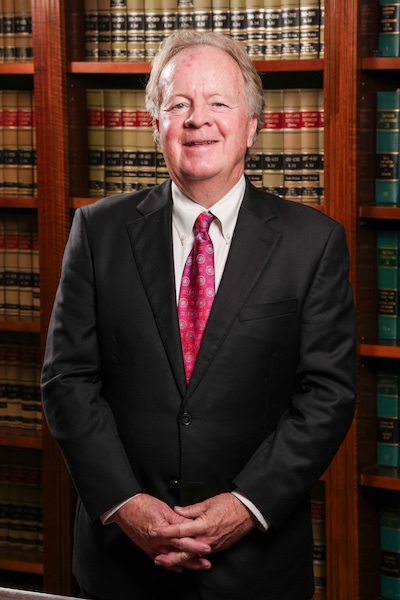For years plaintiff's lawyers were stymied in finding some cost effective mechanism for getting medical opinions and bills into evidence. Bringing in the treating doctor was prohibitively expensive in smaller cases otherwise susceptible to being tried in Maryland State District Court,
Then magically, one day 10-104 and 10-105 came into being and the world changed for the better. The correct nomenclature is to refer to these statutes as Maryland Code Annotated Courts and Judicial Proceedings Article 10-104 and 10-105 which is a little unwieldy and thus the abbreviated 10-104 and 10-105.
The requirements for getting your medical records and bill into evidence through 10-104 are not especially grueling.
Essentially, one must notify all other parties ( typically the lawyer or lawyers for the at-fault driver or drivers) of your intent to introduce the writing or records without the support of a health care provider's testimony, including a list that identifies each writing or record. and a copy of the records or bills to be introduced.This must be done at least 60 days before the beginning of any trial.
As practical matter, if you have completed treatment and have all of the applicable bills and medical records, it is a best practice to file your 10-104 notice at the inception of your case and then attach it to your complaint and summons for service on the defendant or defendants.
One other significant caveat " A finder of fact may attach whatever weight to a wriiting or record that the finder of fact deems appropriate". Which is to say that it is desirable to make sure the records you submit make clear the relationship between the medical treatment embodied in them and the crash about which you are suing.
In trying a great many such Maryland District Court cases, I have really only experienced one instance where the defense lawyer for the at-fault driver made a ruckus over the substance of the medical records and it did not help her client.
Nonetheless, make sure you are submitting medical records and bills which support your claim or you might confuse the trial judge.
10-105 is a comparable rule regarding admission into evidence a paid bill for services or goods and quite specifically excludes medical or dental conditions or opinions.

